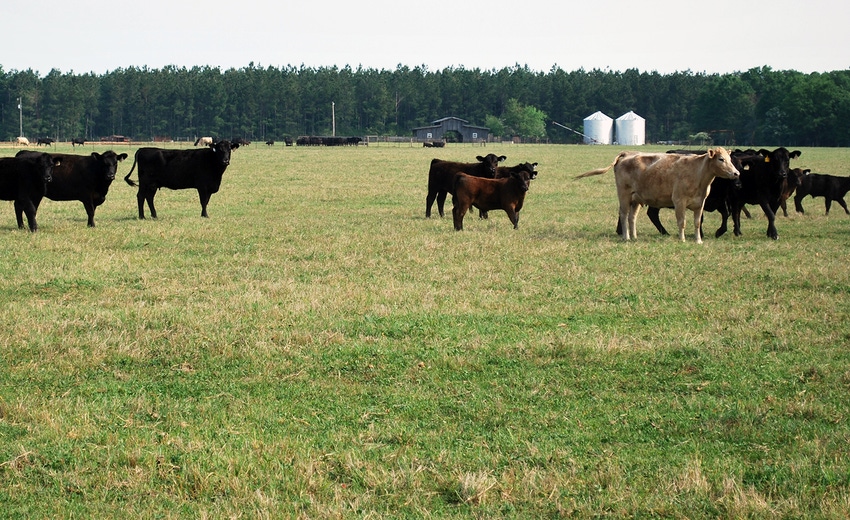August 10, 2020

Fall armyworm populations are on the rise in multiple parts of Alabama. The hot, dry conditions the state is experiencing are favorable for a fall armyworm outbreak. Treatable numbers of armyworms have already been found in many bermudagrass fields.
Scout now
If not already doing so, producers should start scouting their fields. It is important to catch populations of armyworms while they are small. Young caterpillars do not each much and, therefore, are not going to cause substantial damage. However, if left undetected, they can continue to feed and reduce yield.
If producers are not regularly scouting fields for small worms, it may seem like they appear overnight. A sweep net is the easiest and most efficient way to sample a field. Remember, fall armyworms do not like to be out in the heat of the day, so sampling early in the morning or after the sun has gone down provides the best chance for detection.
Control options
The larger worms cause the most damage and are the most difficult to kill with insecticides. If producers find worms in a field that is close to harvest, the best action is to go ahead and harvest it. If they are found in a field that is used for grazing, use the cattle to intensively graze before the worms eat everything. If several worms are found in a sweep net, select a few other areas of the field to examine.
Mark off approximately one square foot in each of those areas and scout for worms. If there are two to three caterpillars per square foot, chemical control is recommended. Insecticide options are available in the Alabama Extension Pastures and Forage Crop IPM Guide. More detailed information on the fall armyworm can be found at www.aces.edu.
Source: The Alabama Cooperative Extension System, which is solely responsible for the information provided and is wholly owned by the source. Informa Business Media and all its subsidiaries are not responsible for any of the content contained in this information asset.
Read more about:
ArmywormsYou May Also Like




